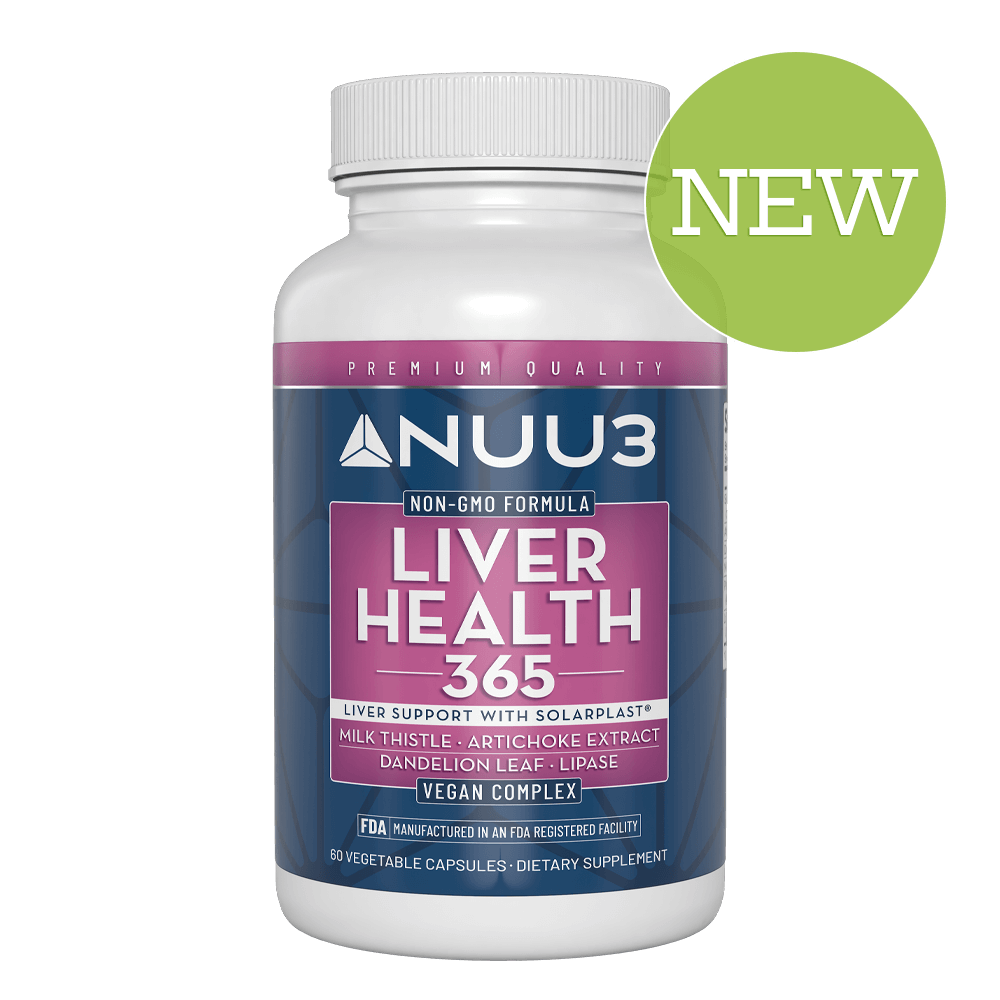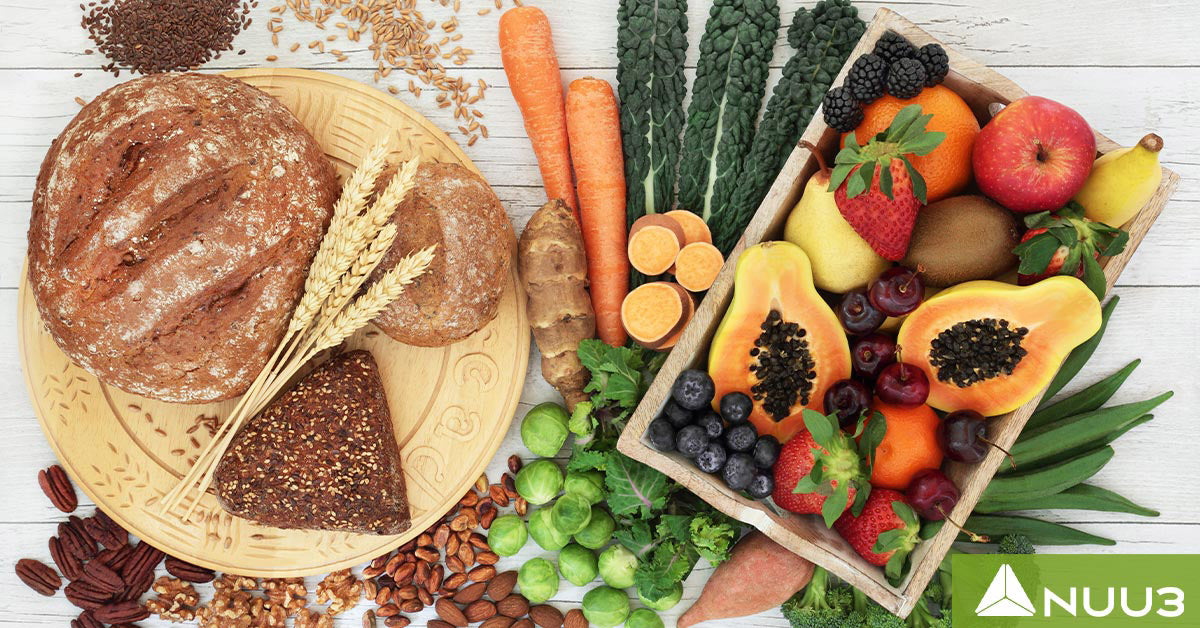Introduction
Gastroesophageal Reflux Disease (GERD) is a common digestive disorder where stomach acid frequently flows back into the esophagus, leading to uncomfortable symptoms like heartburn and acid reflux. While medication can help manage GERD, diet plays a crucial role in preventing flare-ups. Following a GERD-friendly diet can reduce triggers that cause acid reflux, making it easier to control symptoms. In this guide, we’ll explore which foods to avoid and which to include, and offer practical tips for meal planning to help manage GERD effectively.
What is GERD?
Gastroesophageal Reflux Disease (GERD) is a chronic digestive condition where the contents of the stomach, including acid, frequently flow back up into the esophagus. This happens when the lower esophageal sphincter (LES)—a muscle that acts as a valve between the esophagus and stomach—becomes weak or relaxes inappropriately. As a result, stomach acid can irritate the lining of the esophagus, causing symptoms such as heartburn, acid reflux, chest pain, and regurgitation.
While occasional acid reflux is common, GERD is diagnosed when these symptoms occur regularly—usually more than twice a week—and interfere with daily life. Over time, untreated GERD can lead to complications such as inflammation, esophageal ulcers, and even precancerous changes in the esophagus. Managing GERD typically involves a combination of lifestyle changes, diet modifications, and medications to control symptoms and prevent damage to the esophagus.
Symptoms of GERD
Symptoms of Gastroesophageal Reflux Disease (GERD) can vary in severity, but the most common signs include:
-
Heartburn: A burning sensation in the chest, typically after eating or when lying down, caused by stomach acid irritating the esophagus.
-
Acid Reflux: A sour or bitter taste in the mouth due to stomach acid rising up into the throat or mouth.
-
Regurgitation: The sensation of food or liquid coming back up into the throat or mouth, sometimes accompanied by a burp.
-
Chest Pain: Discomfort or pain in the chest that can mimic the symptoms of a heart attack but is related to acid reflux.
-
Difficulty Swallowing (Dysphagia): A feeling that food is stuck in the throat or esophagus due to irritation or narrowing.
-
Chronic Cough or Throat Irritation: Persistent coughing or a sore throat, often worse in the morning, due to acid irritating the throat.
-
Hoarseness: A raspy or strained voice, often from acid reflux affecting the vocal cords.
-
Nausea: Feeling queasy or nauseated, especially after meals.
One less commonly discussed symptom is sulfur burps. These occur when gas containing hydrogen sulfide, a substance that gives off a rotten egg smell, is released during burping. Sulfur burps can be a sign of GERD when food or stomach acid lingers in the stomach and breaks down, producing this gas. This symptom can be particularly unpleasant and may accompany other GERD-related issues, such as indigestion or bloating. Managing GERD through dietary changes can help reduce occurrences of sulfur burps and other symptoms.
Importance of a GERD Diet Plan
A GERD diet plan is crucial for managing the symptoms and discomfort associated with Gastroesophageal Reflux Disease (GERD). The foods you eat can directly impact the amount of acid your stomach produces, and certain foods can trigger or worsen the symptoms of GERD, such as heartburn and acid reflux.
One of the most common and uncomfortable symptoms of GERD is the burning in the throat, caused by stomach acid rising up into the esophagus. This sensation occurs when the lower esophageal sphincter (LES) weakens, allowing acid to escape from the stomach. A well-structured GERD diet helps reduce the frequency and intensity of these acid reflux episodes by eliminating trigger foods and focusing on more stomach-friendly options.
By avoiding foods that irritate the esophagus, such as spicy, fatty, or acidic foods, and incorporating more alkaline or low-acid foods, you can minimize symptoms like burning in the throat, chest pain, and regurgitation. Moreover, a GERD diet plan promotes better digestion and prevents the excess acid production that often leads to discomfort. Combining dietary adjustments with other lifestyle changes, like portion control and meal timing, can help reduce reliance on medication and improve the overall quality of life for those dealing with GERD.
You May Also Like to Read: Gut Healing Diet
Foods to Avoid
When managing GERD, certain foods can trigger or worsen symptoms like heartburn and acid reflux. Here are key foods to avoid:
- Fatty and Fried Foods: These slow digestion and relax the lower esophageal sphincter (LES), leading to acid reflux.
- Spicy Foods: Spices like chili peppers and hot sauces can irritate the esophagus and trigger heartburn.
- Citrus and Acidic Foods: Oranges, tomatoes, and similar acidic foods increase stomach acidity, causing a burning sensation in the throat and chest.
- Caffeinated and Carbonated Beverages: Coffee, soda, and energy drinks can relax the LES and increase stomach acid production.
- Chocolate and Mint: Both can relax the LES, making it easier for stomach acid to rise into the esophagus.
Foods to Include
In a GERD-friendly diet, certain foods can help manage symptoms and prevent acid reflux. Here are key foods to include:
-
Non-Citrus Fruits: Bananas, melons, apples, and pears are less likely to trigger acid reflux and provide necessary nutrients.
-
Lean Proteins: Skinless chicken, turkey, fish, and plant-based proteins like tofu are easy to digest and less likely to cause reflux compared to fatty meats.
-
Whole Grains: Oatmeal, brown rice, and whole grain bread are fiber-rich and can help absorb stomach acid, reducing reflux.
-
Vegetables: GERD-friendly options such as broccoli, cucumbers, leafy greens, and green beans are excellent choices because they are low in acid and gentle on the digestive system. These vegetables can help manage GERD symptoms by reducing stomach acid production and providing essential nutrients for overall health. Additionally, incorporating natural supplements like NUU3 Nature's Superfuel can further support digestion. This supplement, rich in superfoods and antioxidants, complements a GERD-friendly diet by promoting digestive health and boosting overall energy levels.
-
Low-Fat Dairy: Options like low-fat yogurt, milk, and cheese can help soothe the digestive system without increasing acid production.
Including these foods in your diet can promote digestion, reduce GERD symptoms, and help maintain a balanced and healthy eating plan.
Meal Planning for GERD
Meal planning for GERD involves creating a structured approach to eating that helps manage and prevent acid reflux. Here's how to plan meals effectively:
-
Portion Control: Eating smaller, more frequent meals throughout the day can help prevent overfilling the stomach, which reduces the likelihood of acid reflux. Large meals put pressure on the lower esophageal sphincter (LES), increasing the risk of acid backflow.
-
Timing of Meals: It's important to avoid eating meals close to bedtime. Ideally, finish eating at least 2-3 hours before lying down to give your body time to digest food and reduce the chances of nighttime reflux.
-
Balanced Meals: Focus on meals that include GERD-friendly foods, such as lean proteins, whole grains, and vegetables. Avoid meals high in fat, spice, or acidity, as they can trigger symptoms. A typical GERD-friendly meal might include grilled chicken, steamed vegetables, and a side of brown rice.
-
Avoid Trigger Foods: Tailor meal plans to exclude known triggers like fatty, spicy, or acidic foods, as well as chocolate, caffeine, and carbonated drinks.
-
Meal Examples:
-
Breakfast: Oatmeal with bananas and a small portion of low-fat yogurt.
-
Lunch: Grilled chicken salad with mixed greens, cucumbers, and olive oil dressing.
-
Dinner: Baked fish with steamed broccoli and quinoa.
-
-
Hydration: Drink water throughout the day, but avoid drinking large amounts during meals, as this can contribute to bloating and increase pressure on the LES.
Lifestyle Tips Alongside Diet
In addition to following a GERD-friendly diet, certain lifestyle changes can further help manage symptoms and improve digestive health. Here are key tips:
-
Elevating the Head During Sleep: Raising the head of your bed by 6-8 inches can help prevent acid from rising into the esophagus while you sleep. This is especially helpful for people who experience nighttime reflux.
-
Weight Management: Maintaining a healthy weight is crucial for reducing pressure on the abdomen, which helps prevent acid reflux. Excess weight, especially around the abdomen, can push the stomach upwards, leading to acid escaping into the esophagus and worsening GERD symptoms. Incorporating healthy habits such as balanced eating, regular exercise, and natural supplements can support weight loss efforts. For example, NUU3 ACV Gummies are a popular option for weight management. These apple cider vinegar gummies may aid digestion, promote fat metabolism, and help curb appetite, contributing to overall weight control and reducing GERD-related discomfort.
-
Avoid Lying Down After Meals: It’s important to stay upright for at least 2-3 hours after eating. Lying down too soon after meals can increase the likelihood of acid reflux.
-
Smoking and Alcohol: Both smoking and excessive alcohol consumption can weaken the lower esophageal sphincter (LES) and irritate the esophagus. Reducing or quitting smoking and limiting alcohol intake can significantly reduce GERD symptoms.
-
Regular Exercise: Incorporating light to moderate exercise, such as walking or yoga, can aid digestion and help manage GERD. However, avoid vigorous exercise right after eating, as it can trigger reflux.
-
Supplements for Digestive Health: Consider adding digestive supplements to support overall gut health. For instance, NUU3 Gut Health 365, a probiotic supplement, can help balance gut bacteria and improve digestive function. A healthy gut microbiome may contribute to better digestion and reduce GERD symptoms over time.
Conclusion
In conclusion, managing GERD requires a combination of dietary adjustments and lifestyle changes to reduce symptoms like acid reflux and heartburn. By avoiding trigger foods, incorporating GERD-friendly options like lean proteins and low-acid vegetables, and maintaining a healthy weight, you can effectively control discomfort. With the right approach, you can significantly improve your digestive health and overall well-being.










